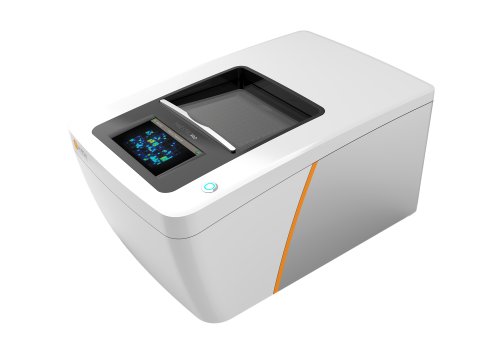Authors: Xu J, Fang S, Deng S, Li H, Lin X, Huang Y, Chung S, Shu Y, Shao Z
Nature Biomedical Engineering, 2022
Scientists use Axion’s Maestro MEA platform to characterize organoids for potential use in regenerative medicine applications.
Research has shown that cell transplantation is a promising strategy for the treatment of spinal cord injuries, but clinical translation has been challenging. In this study, scientists present a method for generating three-dimensional cortical and spinal cord organoids from human primary astrocytes and use Axion’s label-free, noninvasive Maestro multielectrode array (MEA) platform to characterize the organoids in vitro. The researchers also demonstrate that the organoids were able to successfully engraft and innervate host tissue when implanted in mice with spinal cord injuries. Taken together, the authors suggest that these results “may pave the way for in vivo neural organogenesis from endogenous astrocytes for the repair of injuries to the central nervous system.”


